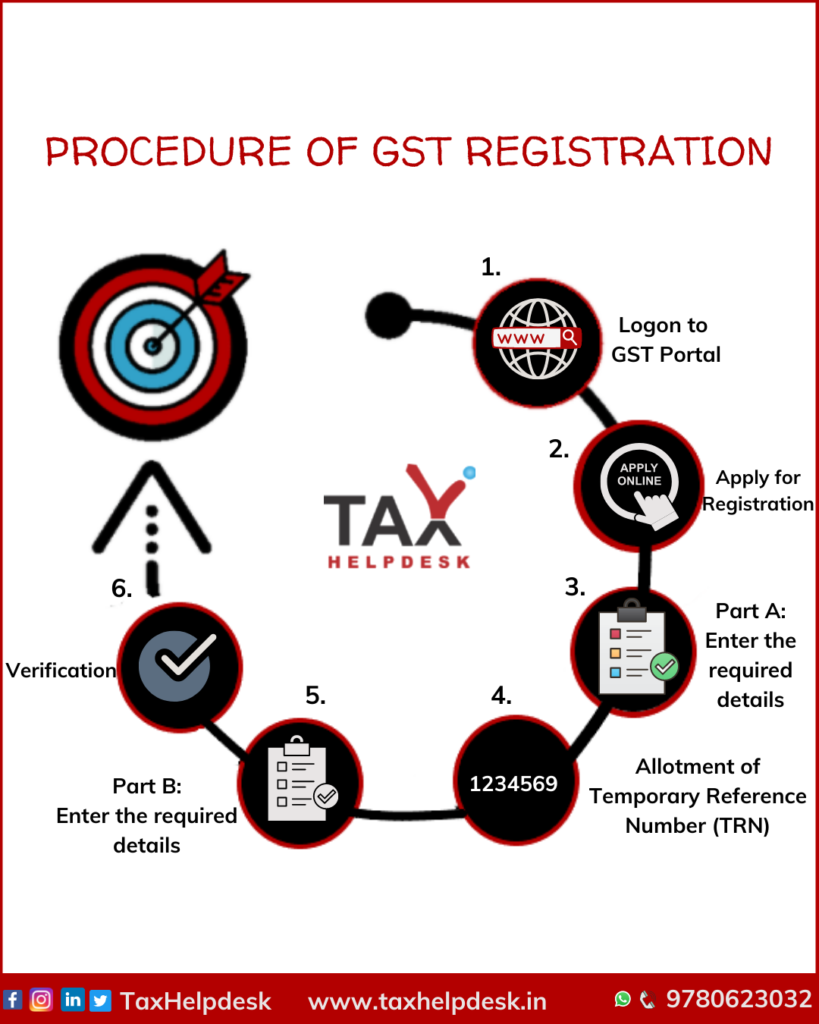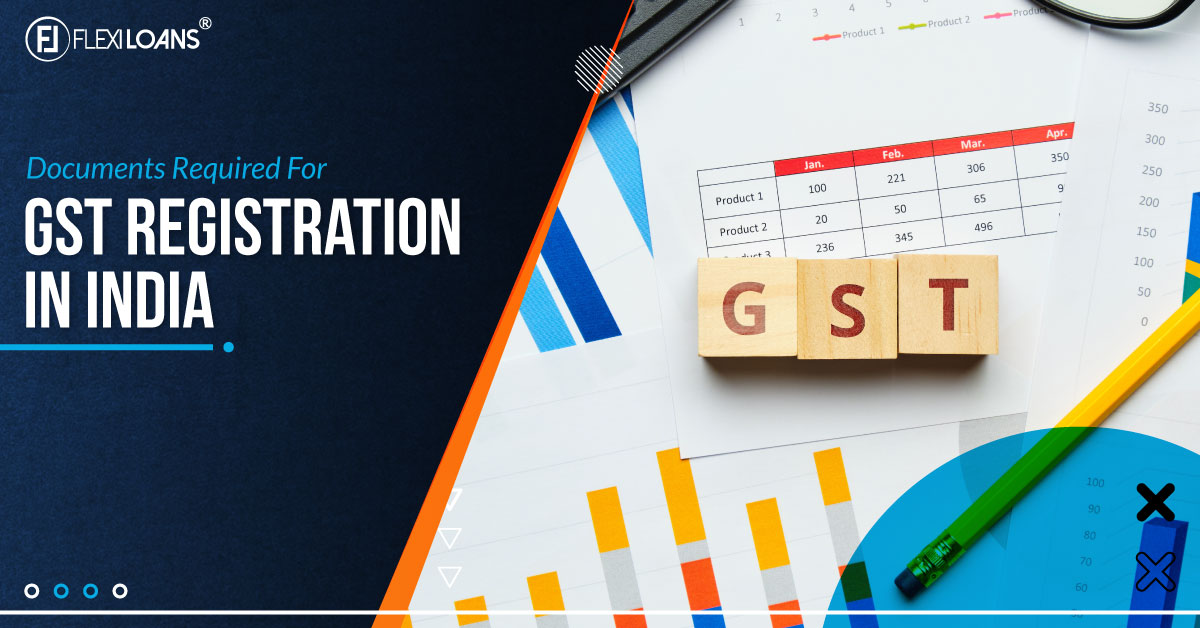Step-by-Step Refine for Singapore GST Registration Explained
Step-by-Step Refine for Singapore GST Registration Explained
Blog Article
Browsing the Complexities of GST Enrollment: Professional Tips and Ideal Practices for Smoother Compliance
From deciphering registration demands to utilizing technological tools for streamlined processes, the trip in the direction of smoother GST conformity is nuanced and multifaceted. Remain tuned to discover important methods and insights that can aid organizations steer with the intricacies of GST registration with finesse and confidence.
Understanding GST Registration Needs

Along with turnover thresholds, businesses involving in interstate sales or supplying taxable solutions might additionally be needed to register for GST, even if their turn over is below the prescribed limit (Singapore GST Registration). Understanding these thresholds and needs is important to prevent penalties and make certain smooth procedures within the legal structure
Furthermore, businesses should collect and prepare the essential paperwork, such as evidence of identity, address, organization consolidation, and savings account information, before initiating the GST registration process. Falling short to give precise information or fulfill the registration due dates can result in fines or other lawful repercussions. Consequently, companies must stay educated about the details GST enrollment requirements relevant to their operations to preserve conformity and stay clear of potential issues.
Organizing Necessary Documentation
Companies starting the GST enrollment procedure must diligently compile and organize the necessary paperwork needed for entry. The crucial documents generally required for GST enrollment consist of proof of organization enrollment or identification, consolidation and address evidence of the service proprietors or companions, checking account information, evidence of major workplace, and consent types. Guaranteeing that these files are conveniently offered and arranged can streamline the registration process and avoid delays or beings rejected.
To effectively arrange important documents, businesses should develop a central system for keeping and classifying the needed documentation (Singapore GST Registration). Utilizing electronic storage remedies can help keep easy gain access to and make sure that documents are securely stored. In addition, establishing a checklist of all needed papers can function as a handy device to track what has actually been gathered and what is still needed for entry

Leveraging Modern Technology for Performance
Enhancing operational effectiveness through technical combination is vital for modern-day services navigating the complexities of GST enrollment. Leveraging innovation can enhance procedures, decrease errors, and make certain timely conformity with GST laws. One of the essential means technology can aid in GST registration is with the use of automated software application options. These devices can aid organizations track sales, create billings, calculate tax obligations, and submit returns precisely. By automating these tasks, companies can conserve and decrease manual errors time that would otherwise be invested in repeated administrative job.
Furthermore, innovation can assist in seamless interaction with tax obligation authorities. On the internet portals and the original source communication devices enable businesses to send records, fix questions, and obtain updates in a much more effective way. This not just accelerates the enrollment process but also aids in preserving trusted and clear communication with the appropriate authorities.
Additionally, cloud-based storage space remedies supply a protected platform for organizations to shop and accessibility their monetary data, guaranteeing conformity with GST record-keeping demands. By streamlining information storage space and automating processes, organizations can enhance their general performance and precision in GST enrollment treatments.
Proactive Compliance Tracking

To ensure efficient aggressive compliance monitoring, businesses need to develop durable inner controls, conduct periodic audits, and take advantage of automation tools for real-time monitoring of GST purchases. Normal training sessions for best site workers on GST compliance needs can additionally aid in creating a society of compliance within the company. Furthermore, engaging with tax consultants or specialists can provide important understandings and guidance on browsing complicated GST policies.
Engaging With Expert Experts
Engaging skilled tax specialists can dramatically strengthen a company's understanding and conformity with complex GST laws. Professional consultants bring a riches of understanding and experience to the table, aiding organizations browse the intricacies of GST registration effortlessly. By leveraging their know-how, companies can make certain exact filings, decrease the danger of mistakes, and remain up-to-date with the current governing modifications.
When engaging with expert consultants, it is important to select professionals with a solid record in GST compliance (Singapore GST Registration). Look for consultants who have a deep understanding of the relevant regulations and laws, in addition to experience dealing with services in your sector. Reliable interaction is vital in this collaboration, so make certain to plainly specify your assumptions and develop routine touchpoints to go over development and attend to any kind of problems
In addition, specialist professionals can supply useful insights and guidance on optimizing your tax strategy, identifying possible cost-saving possibilities, and enhancing your compliance processes. Overall, spending in professional consultancy services can go a lengthy means in making certain smoother GST conformity and preventing costly blunders.
Final Thought
Finally, navigating the intricacies of GST registration requires a comprehensive understanding of the demands, organization of necessary paperwork, leveraging technology for performance, positive compliance tracking, and engagement with expert professionals. By complying with these finest practices, organizations can make sure smoother compliance with GST laws and prevent potential charges or fines. It is important to stay informed, positive, and persistent in taking care of GST registration to keep compliance and promote monetary honesty.
To make sure conformity with tax regulations, services must completely recognize the elaborate needs for GST registration. Item and Services Tax (GST) is a value-added tax obligation levied on a lot of items and services in a nation, making it crucial for services to sign up for GST to Go Here avoid legal effects.Furthermore, services must gather and prepare the needed documents, such as proof of identification, address, company unification, and bank account details, prior to launching the GST registration procedure. Businesses must remain educated about the particular GST enrollment requirements appropriate to their procedures to keep conformity and avoid prospective concerns.
The key papers commonly required for GST registration consist of proof of business registration or address, consolidation and identity proofs of the business owners or companions, financial institution account information, evidence of primary location of company, and permission forms.
Report this page